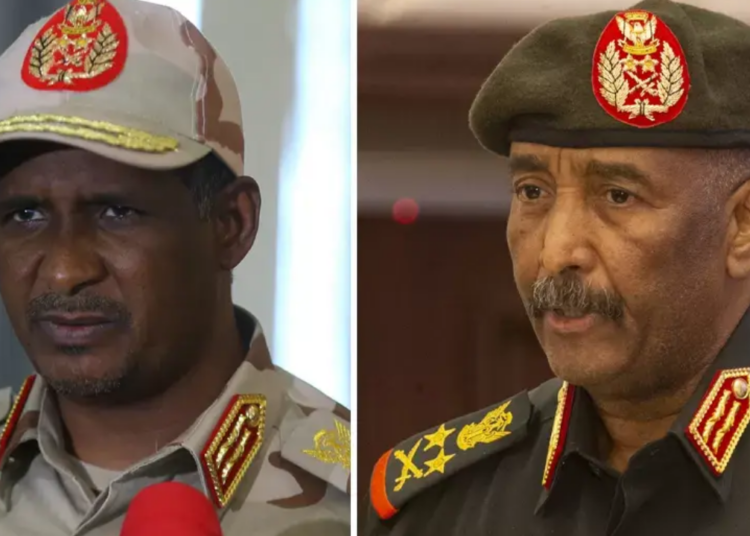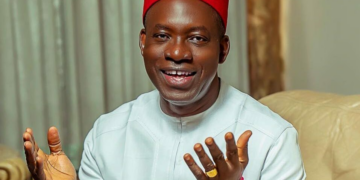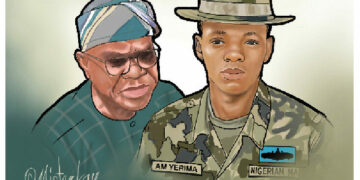There were signs after the fall of the tyrant president Omar Al Bashir, however this year, no one was prepared for the carnage in Khartoum. The process of transitioning to civil rule fell apart as two key military groups turned against each other over disagreements on handing over process.
Asides the regular Sudanese armed forces, in 2013, al Bashir formed the Rapid Support Forces (RSF) a paramilitary force known as Janjaweeds (devils on horseback) to quell the rebellion in Darfur as a result of ethnic discrimination. General Abdel Fattah al-Burhan, Sudan’s de facto ruler has the Sudan Armed Forces loyal to him, while General Mohamed Hamdan Dagalo, known as Hemedti has the support of the RSF.
After several attempts, I got hold of a journalist in Khartoum, Mustafa Hussein. He told me he was safe and explained to me that the unwillingness of both generals to agree on how to unite both armies and procedures to hand over power to civilians was the cause of the ongoing war.
“When the war started, I had gone to buy some provisions from the shop, when I heard one of my neighbours calling us. He said war had started between the Sudan Armed Forces and RSF. Initially I did not believe him, until I got home, put on the television and realised it was true. At that time my father was at the market, I called him and told him what was going on in the country, and asked him to return home. All this took place at about 9 am on Saturday.
“After about two hours, we saw military planes flying over us. After a few minutes, we heard the bombs, war had broken out in Khartoum. RSF published a video that showed their control over the presidential palace and different strategic locations, but Sudan Armed Forces denied this.
“I believe both sides have no desire to end this through war and sooner or later this will end through dialogue and negotiation,” he said.
Emailing a broadcast journalist in South Sudan, James Arusi, he told me, “Gen. Hamdan Dagalo (vice president) the head of RSF initially known as Janjaweed, a militia group responsible for atrocities in Darfur, and Burhan (president) heading the Sudan Armed Forces are all signatories to the Juba Agreement that brought all armed groups in Sudan together to restore peace after the fall of al-Bashir’s regime.”
He indicated that accusations were traded by the two major parties over dishonesty to the peace agreement, with Gen. Burhan asking for ten months extension of the handing over of military rule to civilian rule was the main cause of the conflict. He also mentioned that secondary causes included refusal of the integration of RSF within two months into the regular army, adding that South Sudan is still engaging both parties to de-escalate the situation.
Reports by the health ministry states about 528 people have been killed and 4,599 wounded. The United Nations believes the real toll is higher.





